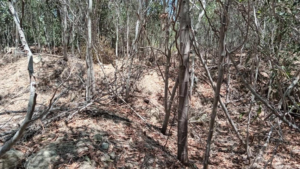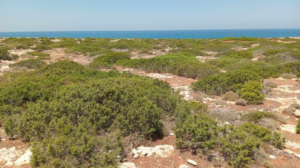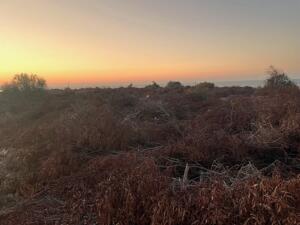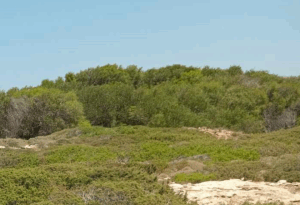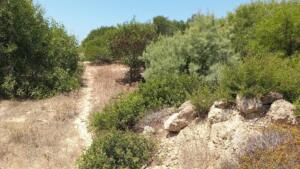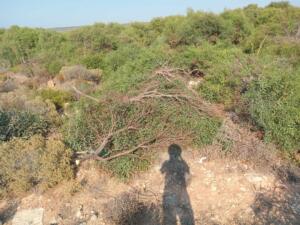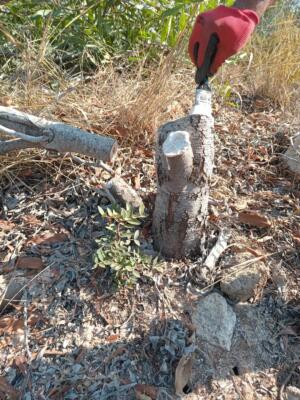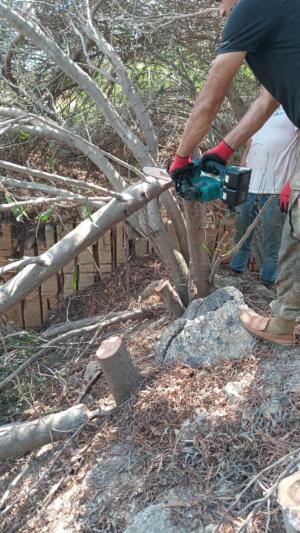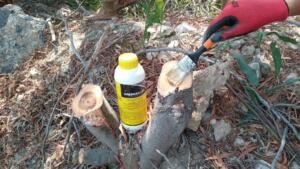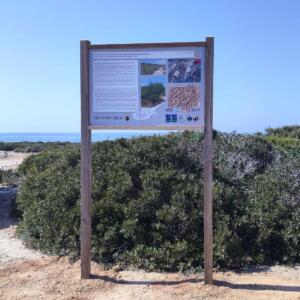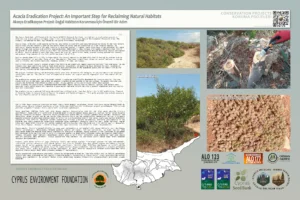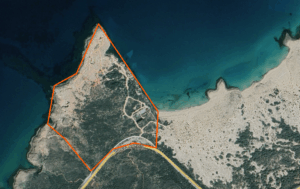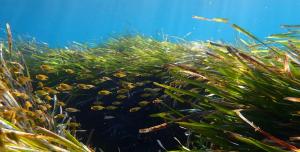
Grants
Biodiversity Conservation
Habitat Reclamation in Karpasia
€8,000 awarded
Project duration: 06/2024 – 12/2024
Status: COMPLETED
The challenge
In Cyprus, the Orange Wattle tree (Acacia saligna) has been used for reforestation of damaged natural areas, but has proved to be an invasive plant species, spreading out to intact habitats and replacing the native vegetation. It was observed that one particular Acacia stand within the Karpasia (Karpas) Protected Area doubled its cover area in the last 5 years, which poses a threat to the native ecosystem.
The solution
This project aims to remove this stand of Acacia trees and allow native vegetation to regenerate. In addition the project team aims to enable similar projects by translating to Turkish the Acacia removal guidelines, published by the Department of Forests of the Republic of Cyprus, to make it more accessible for Turkish speaking parties in the north of Cyprus interested in replicating this effort.
Project’s deliverables
- Remove the Orange Wattle tree stand, and provide the firewood to the community for firewood.
- Educate the community on the invasive nature of the species to reduce it’s use within the native ecosystem of the Karpasia (Karpas) peninsula.
- Create an information sight at the sight to inform visitors about the project and educate them on the effects of Acacia on the natural habitat.
- Translate the official Republic of Cyprus guidelines for Acacia removal to Turkish.
Project’s Updates
- Acacia removal guideline document (Turkish)
A bit about the organization
The Taşkent Nature Park is a non-profit institution and a social responsibility project dedicated to protecting and raising awareness, of wildlife and the environment, through education. Each year, hundreds of wild animals are treated and rehabilitated by the Taşkent Nature Park and released back into the wild. It conducts environmental and wildlife awareness workshops and projects. These projects are funded by income generated from the Taşkent Picnic Area, Selvi Restaurant, the Activity Site and from donations.

